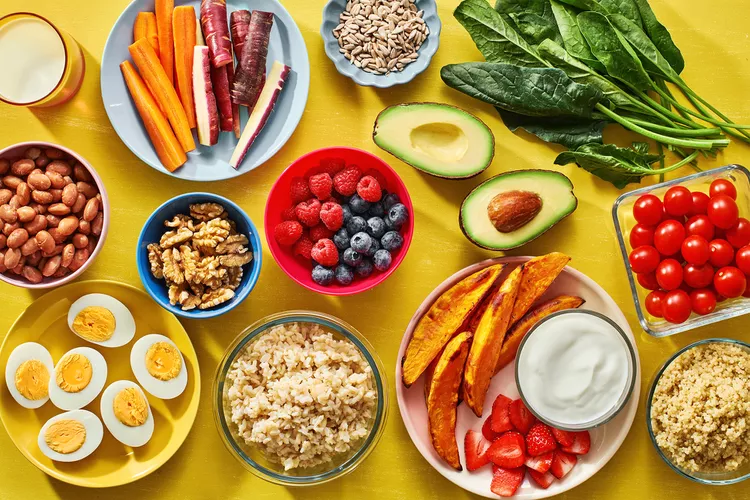Edema, or water retention, involves the accumulation of fluids in tissues, cavities, and the circulatory system, often resulting in swelling in the legs, feet, and hands. This condition commonly affects women during pregnancy or before their menstrual period and can also be observed in sedentary individuals, those on long flights, or those taking certain medications.
While most causes of edema are not life-threatening, it can serve as a symptom of underlying medical conditions such as kidney disease or heart failure. Understanding the causes is essential as it empowers individuals to avoid or modify activities contributing to swelling.
- Excessive Sodium Intake:
Consuming salt-rich foods without adequate water intake triggers the body’s water retention mechanism. Salt is not only present in table salt but also in processed foods and canned vegetables. Opting for alternatives like Celtic or Himalayan salt can mitigate the adverse effects of sodium. - Magnesium Deficiency:
Insufficient magnesium levels can contribute to edema, as magnesium plays a crucial role in various bodily functions. Addressing magnesium deficiency through dietary sources or supplements is essential. Magnesium-rich foods include yogurt, peas, dried fruits, dark chocolate, spinach, nuts, whole grains, avocados, and dark green vegetables. - Vitamin B6 Deficiency:
Vitamin B6 regulates water balance in the body, and its deficiency can lead to edema. - Potassium Deficiency:
Potassium is vital for organ, cell, and tissue function, and its deficiency can disrupt water balance. Consuming foods rich in potassium, such as honeydew and watermelon, helps reduce water retention. - Dehydration:
Inadequate water intake leads to dehydration, prompting the body to retain water in survival mode. Regularly consuming water and potassium-rich juices alleviates this condition. - Excessive Processed Food Consumption:
Processed foods, high in sodium, sugar, and additives, act as toxins, burdening the liver and kidneys. Cutting down on processed foods helps reduce water retention and supports overall health.
In addition to lifestyle adjustments, certain herbs with diuretic properties can aid in reducing edema:
- Hibiscus
- Horsetail
- Garlic
- Nettle
- Dandelion
- Parsley
- Fennel
- Corn
By incorporating these dietary and lifestyle changes, individuals can effectively manage edema and promote overall well-being.




Leave a Reply